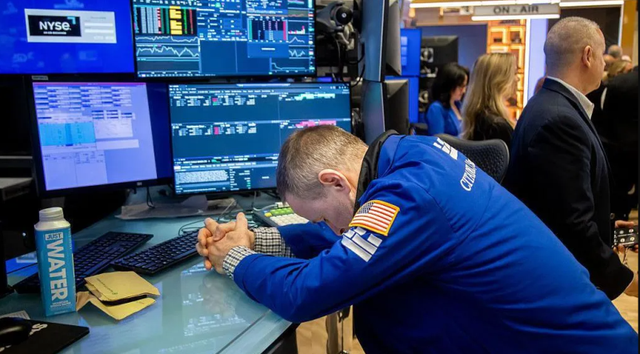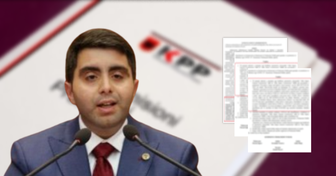
Fears of recession and falling exchange rates worldwide

As stock markets continue to fall, investors fear the world is on the brink of economic collapse. What impact will Trump's tariffs have on the US, Chinese and global economies?
The decline in global financial markets is continuing due to the unprecedented customs tariffs that President Donald Trump imposed on most of the US's trading partners.
Investors are becoming increasingly nervous as the possibility of a major trade war looms on the horizon, likely to trigger a global recession.
Investors assume that the tariffs will have a broad impact on global economic growth and that rising production costs will increase inflation, increase business uncertainty and reduce investment. Economists expect further volatility in markets and fear disruptions in supply chains.
Is the world economy at risk of recession?
Representatives of the American bank JP Morgan said last week that they believe the chance of a global recession by the end of the year is 60 percent, compared with 40 percent before Trump's sweeping tariffs were announced.
On Monday, German bank Deutsche Bank warned in a short analysis that if Trump continues with his trade policies, the new tariffs will have "major global impacts in 2025 and the years and decades ahead."
Asia has been hit much harder than Europe, with tariffs of more than 40 percent on some. That increases pressure on countries like Vietnam, Taiwan and Indonesia to negotiate new trade deals with Washington. China, which Trump hit with an additional 34 percent tariff, is the only major economy to order retaliatory tariffs on U.S. imports.
Beijing on Friday imposed additional tariffs of 34 percent on US goods and imposed export restrictions on some rare earth minerals urgently needed for high-tech products and clean energy equipment. The tariffs take effect on Thursday.
The EU discusses
Imports from European Union countries to the United States are threatened with new 20 percent tariffs starting Wednesday. EU finance ministers met in Luxembourg on Monday to agree on a joint response.
EU Commission President Ursula von der Leyen said Brussels was ready to "protect its interests with proportionate countermeasures." But she also signaled that the EU is ready to negotiate with the US./ DW










